Showing Results for GERD
Search term may appear only in full report available to members. Join now for full access.
CL Answer
Which supplements, foods or diet and lifestyle changes help relieve acid reflux (heartburn), and which worsen it?
Find out which supplements and foods can help relieve acid reflux, and which can make it worse.

CL Answer
Is it true that low-carb or Mediterranean diets help for gastroesophageal reflux disease (GERD)?
Find out if a low-carb diet, such as the Mediterranean diet, or lifestyle changes help with gastroesophageal reflux disease (GERD).

CL Answer
I take omeprazole (Prilosec), a proton pump inhibitor, to reduce stomach acid. Are there supplements I should avoid, or be taking, due to this drug?
Supplement interactions with proton pump inhibitor (PPI) drugs like omeprazole (Prilosec) and Nexium.
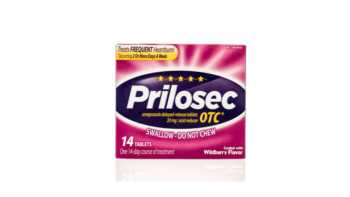
CL Answer
Is drinking coffee good or bad for heart health?
Learn more about coffee and caffeine, its safety, if it's good for you, how much coffee is too much and its impact on your heart.

Product Review
Alginate Supplements Review (For Reflux)
See Our Top Pick Alginate Supplements For Reducing Symptoms of Gastroesophageal Reflux (GERD)
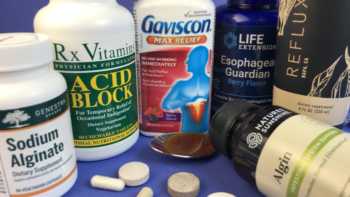
CL Answer
I read that famotidine (Pepcid) may help treat COVID-19. Is this true? Might a proton pump inhibitor, like Prilosec, help?
Pepcid (famotidine) was reported to improve outcomes in people with COVID-19 in China. But is there evidence that Pepcid really helps to treat COVID-19?
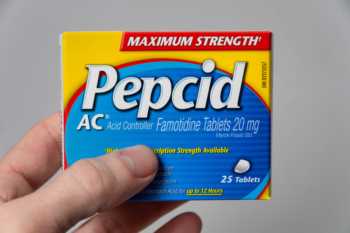
Product Review
Melatonin Supplements Review
Trouble Sleeping? See CL's Tests of Melatonin Supplements and Top Picks.
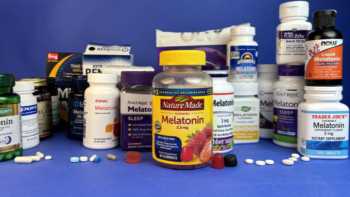
CL Answer
Can melatonin help with stomach pain?
Find out if melatonin supplements can help with stomach pain, ulcers, reflux and dyspepsia, or if it can cause stomach upset.

CL Answer
Is there evidence that d-limonene can help fight cancer?
Find out if d-limonene can help fight cancer or help for GERD (gastroesophageal reflux disorder), including evidence from clinical studies.

CL Answer
Do any supplements or diets help prevent or treat osteoporosis?
If you have osteoporosis, you may be interested in supplements or diets for bone health. Find out which can increase bone strength and density.

CL Answer
What are the health benefits of manuka honey, and is it safe?
Manuka honey health benefits, how it differs from common, store-bought honey, safety, evidence for using manuka honey for wounds, sore throat and cough, constipation and more.

CL Answer
Are gummy vitamins better or worse than pills?
Learn more about gummy supplements, including those for multivitamins, vitamins C and D, calcium, and B vitamins.
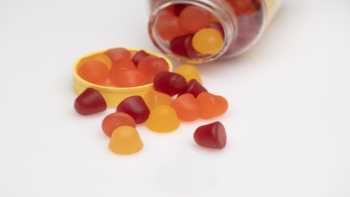
CL Answer
What are the health benefits of zinc carnosine, also called polaprezinc, and is it safe?
Find out if zinc carnosine is beneficial for any GI conditions, including stomach ulcers, Helicobacter pylori infection, taste disturbances, aspirin-induced small-bowel injury and oral mucositis, and learn if it is safe.
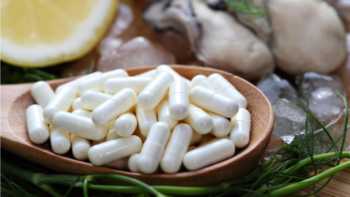
Clinical Update
1/24/2023
Reflux Supplement Interactions
Alginate supplements can help reduce symptoms of gastroesophageal reflux disease (GERD – a common cause of heartburn), but they may also reduce the absorption of medications, as well as vitamins, and minerals. Learn how to avoid this in the Concerns and Cautions section our Alginate Supplements Review. Also see our Top Picks among alginate supplements.
Clinical Update
10/03/2023
Melatonin for Reflux?
Is it helpful to take melatonin when taking a proton-pump inhibitor (PPI) to improve symptoms of gastroesophageal reflux disease (GERD)? See what the latest study found in the Other uses section of our Melatonin Supplements Review, which includes our Top Picks for melatonin.
Also see: Which supplements, foods or diet and lifestyle changes help relieve acid reflux (heartburn), and which worsen it?
Clinical Update
10/17/2023
Honey for Acid Reflux?
Can eating manuka honey help improve symptoms of gastroesophageal reflux disease (GERD)? Find out what a recent study showed in the What It Does section of our article about manuka honey.
Also see: Which supplements, foods or diet and lifestyle changes help relieve acid reflux (heartburn), and which worsen it?
CL Answer
I have IBS and don't want to take medication if I can help it. I've heard that peppermint works for IBS, but is there good research to support this?
Information about using peppermint oil for irritable bowel syndrome (IBS), including clinical evidence, dosage, safety and more.

CL Answer
What are the health benefits of amla and is it safe?
Learn about amla (Indian gooseberry), including its potential health benefits and possible safety concerns.

Product Review
Quercetin & Rutin Supplements Review
Quality's a Concern With Quercetin and Rutin Supplements -- Only 17% of Claimed Amount In One
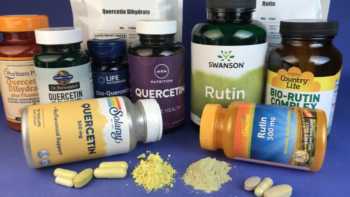
Product Review
Aloe Juices, Gels, and Supplements Review
How Much Aloe is Really in Aloe Products? Find Out and See Our Top Picks.
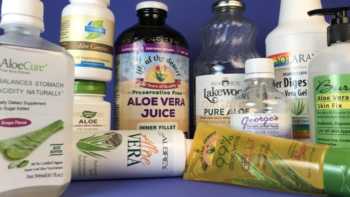
CL Answer
What are the health benefits of black cumin seed (black seed) oil?
Find out if black seed oil has health benefits, such as lowering blood pressure or cholesterol, asthma, weight loss, and others. Dosage, forms, including black seed oil and black seed powder, safety information, using black seed oil in foods and more. ConsumerLab.com's answer explains.
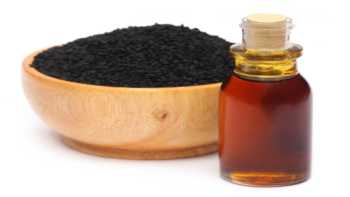
CL Answer
7 Tips to Avoid Getting a Pill Stuck in Your Throat
Some pills can be difficult to swallow and can even become lodged in the throat or cause damage to the esophagus. Learn seven practical tips to help avoid getting pills stuck in the throat.

CL Answer
Do hair loss supplements, such as Viviscal, Hair La Vie, and Nutrafol, or topical essential oils work?
Vitamins and supplements that may help with hair loss and thinning, including saw palmetto, beta-sitosterol, protein, iron, and vitamin D.

CL Answer
Which ingredients should toothpastes and other dental products contain, and which should be avoided?
Learn about ingredients you want in your toothpaste, mouthwash and other dental products and which ingredients you may want to avoid.
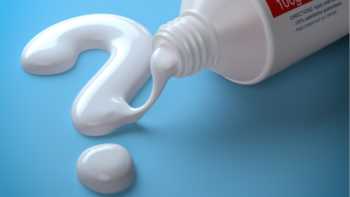
CL Answer
8 Supplements That May Help Treat Peptic Ulcers – And Some to Avoid
Peptic ulcers caused by H. pylori infection are typically treated with antibiotics, but certain supplements may also help. Find out which 8 supplements might be beneficial - and which should be avoided.

CL Answer
What is TUDCA (tauroursodeoxycholic acid)? Does it have any proven health benefits, and is it safe?
TUDCA information, including its potential health benefits, safety, possible interactions, and cost.
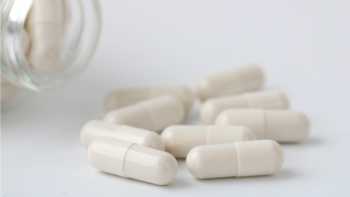
Recalls & Warnings
March 30, 2021
Real Water Alkaline Water Recalled for Possible Link to Liver Illness
On March 24, 2021, Real Water, Inc. recalled all sizes of Real Water bottled alkaline water because it may be linked to multiple cases of non-viral hepatitis that occurred in Las Vegas, NV in November of 2020.
Recalls & Warnings
March 01, 2023
Seller of Dr. Miller’s Herbal “Detox” Teas Warned by FDA for Drug Claims
On February 3, 2023, the FDA issued a warning letter to Jackson Health & Wellness Clinic after inspection of the company’s website found statements about the company’s Dr. Miller’s Holy Tea, Dr. Miller’s Super Holy Tea, Dr. Miller’s Ultimate Tea, Dr.
News Release
February 22, 2022
Considering an Algae-based Supplement for Reflux? See What ConsumerLab Found
White Plains, New York, February 22, 2022 — Alginate supplements have been shown to be more effective than antacids in treating heartburn, indigestion, and other symptoms of GERD (gastrointestinal esophageal reflux disease).
Recalls & Warnings
March 18, 2021
Don't Drink Real Water Alkaline Water, FDA Warns After Reports of Liver Illness
On March 16, 2021, the FDA warned consumers not to drink or use Real Water bottled alkaline water while it investigates reports of hepatitis associated with the product.
Recalls & Warnings
February 10, 2018
Warning to D-Limonene, Vitamin C Seller
On January 31, 2018 the FDA issued a warning letter to Long Life Unlimited, LLC following a review of the company's website which found promotional statements and testimonials made about products including Balance 600, D-Limonene, Rapha Remedy, Rapha Remedy w/ p73 Wild Oregano, Vitamin C, ...





